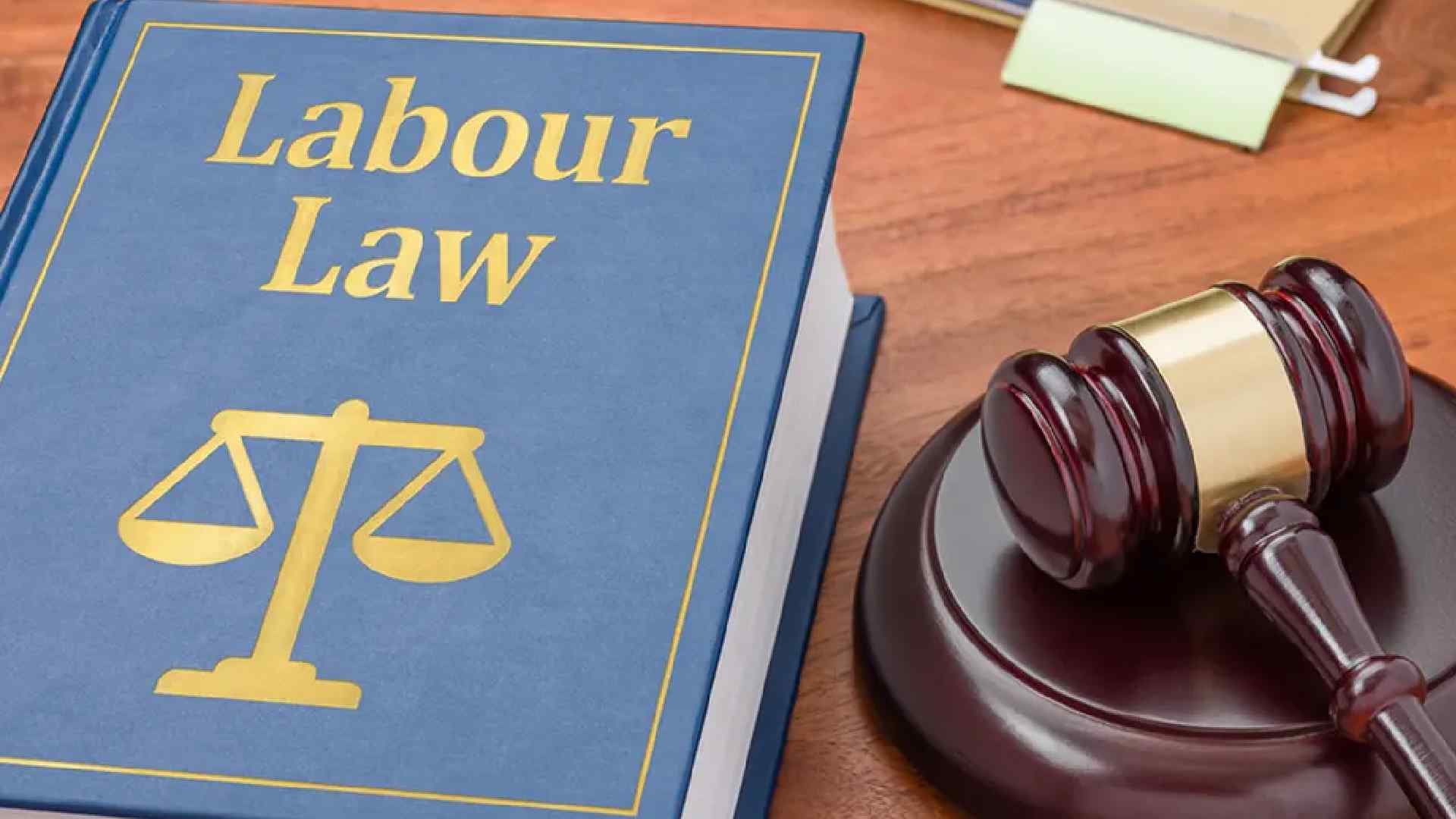Kuwait, a thriving economy in the Gulf region, attracts thousands of expatriates and hosts a robust local workforce. To ensure harmonious working conditions and uphold fair practices, Kuwait labour law has implemented comprehensive labour laws that govern the rights and responsibilities of both employers and employees.
This blog explores the key aspects of Kuwait Labour Law, providing an overview of employment regulations, worker protections, and employer obligations, while maintaining a focus on general principles rather than financial specifics.
1. Employment Contracts in Kuwait
The foundation of any employment relationship in Kuwait is the employment contract. These contracts are required to outline the terms of employment clearly and must comply with Kuwait Labour Law.
- Written Contracts: All employment agreements should be documented in writing. While verbal agreements may exist, written contracts provide greater legal protection.
- Essential Terms: The contract must specify job responsibilities, working hours, duration (if applicable), and termination conditions.
It is also essential that both parties fully understand their obligations under the contract to avoid disputes. Contracts may be either limited-term or indefinite-term, with each having distinct termination provisions.
2. Working Hours and Overtime
Kuwait Labour Law sets forth regulations regarding working hours to maintain a healthy work-life balance.
- Standard Work Hours: The law specifies the maximum number of hours an employee can work in a day or week, excluding breaks.
- Rest Breaks: Employees are entitled to breaks during their working hours to avoid fatigue.
- Overtime Rules: Employers can request overtime under certain circumstances, but it must adhere to the law’s guidelines.
These provisions ensure that employees are not overburdened and have adequate time for rest and personal commitments.
3. Leaves and Holidays
One of the highlights of Kuwait Labour Law is its detailed framework for employee leave entitlements. This includes annual leave, sick leave, and public holidays.
- Annual Leave: Employees are entitled to a certain number of days of paid leave annually. The law emphasizes that annual leave should not be forfeited and must be taken as a break from work.
- Sick Leave: The law allows employees to take time off for health reasons. Supporting medical documentation is typically required.
- Public Holidays: Kuwait observes several public holidays during which employees are granted paid leave. These holidays are observed nationally and include occasions of cultural and religious significance.
Employers must respect these leave entitlements and provide employees with adequate opportunities to utilize them.
4. Termination of Employment
Termination of employment is a critical aspect of Kuwait Labour Law. Both employers and employees are required to follow legal procedures to ensure fairness in the event of a separation.
- Termination by Employer: Employers must have valid reasons for terminating an employee and are expected to provide notice as stipulated in the contract or law.
- Resignation by Employee: Employees wishing to resign must also give appropriate notice, as defined in their employment agreement.
- Unlawful Termination: Kuwait Labour Law protects employees from arbitrary dismissal. If termination is deemed unjust, the employee may seek redress through legal channels.
This ensures that the rights of both parties are safeguarded during the termination process.
5. Worker Protections and Safety Standards
The labour law in Kuwait places significant emphasis on workplace safety and employee well-being.
- Health and Safety: Employers are required to maintain a safe working environment. This includes providing necessary safety equipment, training, and protocols to minimize workplace hazards.
- Discrimination and Harassment: Kuwait Labour Law prohibits discrimination based on race, religion, gender, or nationality. Similarly, harassment in the workplace is not tolerated and can be grounds for legal action.
- Grievance Mechanisms: Employees have the right to file complaints if they face unfair treatment, unsafe conditions, or violations of their rights. Kuwait has mechanisms in place to address such grievances through mediation or legal proceedings.
These measures foster a positive work environment and ensure dignity and respect for all workers.
6. End-of-Service Benefits
End-of-service benefits are a cornerstone of Kuwait Labour Law, ensuring employees are rewarded for their tenure upon the conclusion of their employment. These benefits are calculated based on the length of service and are applicable to employees who meet the eligibility criteria.
Employers are obligated to provide these benefits as a gesture of appreciation and compliance with the law, reinforcing the importance of long-term service and loyalty.
7. Special Provisions for Expatriates
Kuwait’s workforce comprises a significant number of expatriates, and the labour law contains specific provisions to address their unique circumstances.
- Work Permits and Residency: Expatriates must hold valid work permits and residency visas to work legally in Kuwait. These are typically sponsored by the employer.
- Repatriation: At the end of employment, expatriates are entitled to assistance with repatriation, including travel arrangements back to their home country.
- Equality in Rights: Expatriates enjoy the same rights and protections under Kuwait Labour Law as local workers, ensuring a level playing field for all employees.
These provisions highlight Kuwait’s commitment to fostering a fair and inclusive working environment for its diverse workforce.
8. Employer Obligations
Employers in Kuwait are tasked with a range of responsibilities to comply with labour laws and promote employee welfare.
- Timely Payment of Wages: Employers must ensure that wages are paid on time and in accordance with the agreed terms.
- Compliance with Labour Laws: Employers are required to adhere to all legal requirements, including those related to contracts, working hours, and safety standards.
- Support for Employees: This includes providing clear policies, addressing grievances, and fostering a supportive workplace culture.
Failure to meet these obligations can result in penalties and damage to the employer’s reputation.
9. Role of the Ministry of Social Affairs and Labour
The Ministry of Social Affairs and Labour (MOSAL) is the governing body responsible for enforcing Kuwait Labour Law.
- Monitoring Compliance: MOSAL conducts inspections and audits to ensure employers are adhering to the law.
- Resolution of Disputes: The ministry facilitates dispute resolution between employers and employees, offering mediation services or referring cases to the judiciary when necessary.
- Awareness and Education: MOSAL plays a crucial role in educating both employers and employees about their rights and responsibilities under the labour law.
This oversight ensures that labour laws are implemented effectively and that workplace issues are addressed promptly.
Conclusion
Kuwait Labour Law is a comprehensive framework designed to balance the interests of employers and employees while promoting fairness, safety, and productivity. By understanding the key provisions of this law, both parties can foster a positive and legally compliant working relationship.
Whether you are an employee seeking clarity about your rights or an employer aiming to align with regulations, adhering to Kuwait Labour Law is essential for mutual success. The law not only establishes the groundwork for professional relationships but also reflects Kuwait’s commitment to equitable and sustainable labour practices.















